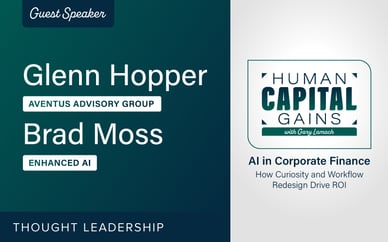ELB Learning recently hosted an insightful webinar titled "The Future of Healthcare Training Is Now: Integrating AI and Clinical Education," presented by two distinguished experts in the field: Dr. Dipu Patel, Vice Chair for Innovation and Professor at the University of Pittsburgh, and Christina Barss, Chief Transformation Officer from Problem Solutions. The webinar provided a comprehensive overview of the transformative impact of Artificial Intelligence (AI) on healthcare education and clinical practice, emphasizing the importance of leveraging AI tools, particularly large language models like ChatGPT, to personalize educational content and prepare healthcare students for an AI-integrated professional environment.
Dr. Patel began by highlighting the rapid adoption of AI in various sectors, citing its growth rate as surpassing even that of Netflix. She emphasized the need for data-driven decision-making processes when evolving curricula to incorporate AI effectively. The webinar referenced a study conducted by McKinsey and Company during the pandemic, which examined the uptake of learning technologies. The study revealed increased connectivity, community building, and the use of machine learning to enhance classroom experiences, underlining the importance of adapting educational practices to keep pace with technological advancements.
The presenters stressed the urgency for healthcare educators to adapt and grow alongside the advancements in AI technology. They provided concrete examples of AI applications in various healthcare settings, ranging from patient engagement and clinical decision-making to prior authorizations and revenue cycle management. Dr. Patel emphasized the crucial role of educators in preparing the healthcare pipeline, ensuring that students are well-equipped to navigate an AI-integrated professional landscape upon graduation.
The webinar also addressed the challenges associated with incorporating AI into healthcare education. These challenges include poor digital literacy among patients, lack of context-specific adaptations, and the need for improved infrastructure and interoperability. To overcome these obstacles, Dr. Patel and Ms. Barss provided practical strategies for integrating AI tools into curricula. These strategies encompassed the use of large language models for virtual patient simulations, reinforcing medical knowledge through interactive quizzes, and offering personalized learning modules for continuing medical education.
Ms. Barss delved into the process of upskilling organizations and fostering employee acceptance of AI. She discussed the importance of transparent communication, education, and training in addressing various forms of resistance, including technological, psychosocial, and organizational. The presenters emphasized the need for aligning learning strategies with business strategies, letting go of legacy educational practices, and embracing the digital natives that comprise the current student population. By doing so, educators can ensure a seamless integration of AI into their teaching methodologies, ultimately benefiting both students and patients.
The webinar concluded with an engaging Q&A session, addressing pertinent topics such as data privacy, student eagerness to learn about AI, and resources for effective AI utilization. Dr. Patel and Ms. Barss emphasized the importance of approaching AI as a tool for augmenting and enhancing the educational experience rather than a replacement for human expertise.
As healthcare educators navigate this transformative landscape, it is imperative to recognize AI's potential to revolutionize healthcare education and clinical practice. By embracing AI technologies and incorporating them into curricula, educators can better prepare students for the evolving healthcare industry while improving patient outcomes and streamlining clinical processes.
It's time for educators to proactively adapt their teaching methodologies to keep pace with technological advancements. By doing so, they can ensure that the next generation of healthcare professionals is well-equipped to leverage AI tools to improve patient care and advance the healthcare industry as a whole.
Watch the entire webinar recording below:
Are you ready to raise your team’s IQ and skills in AI? ELB Learning's workshops help teams understand prompt creation, language models, AI use cases, and how to leverage AI tools in their day-to-day work. Visit our AI Services page to learn more.








